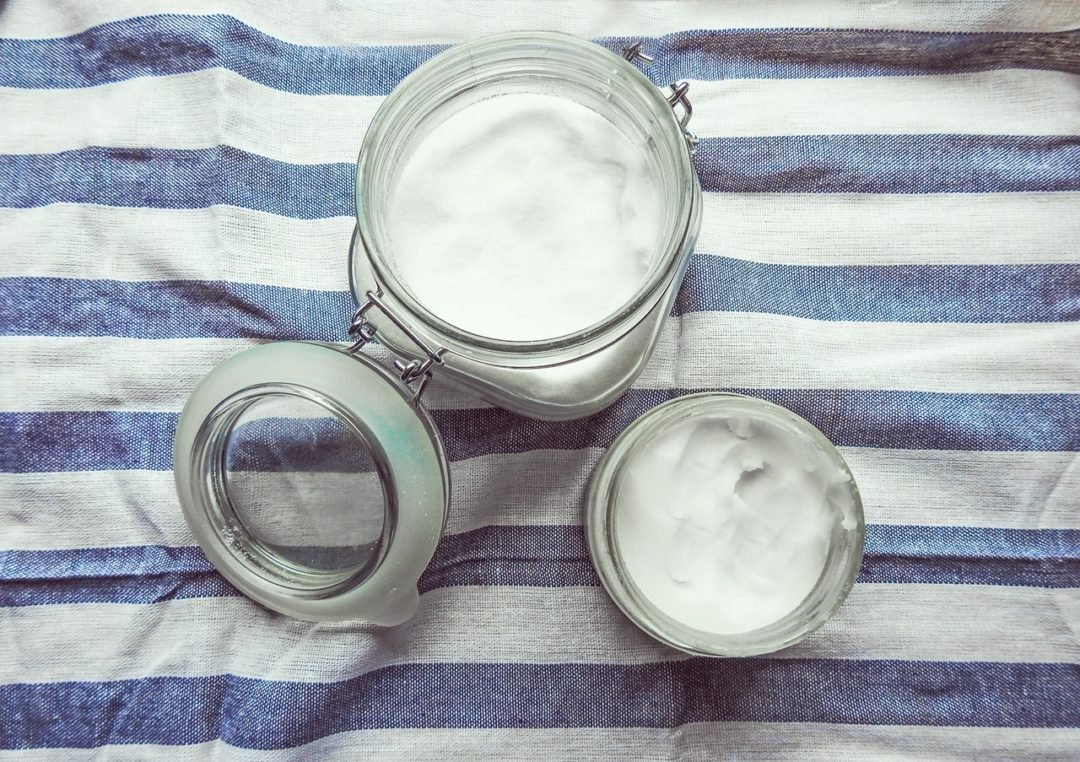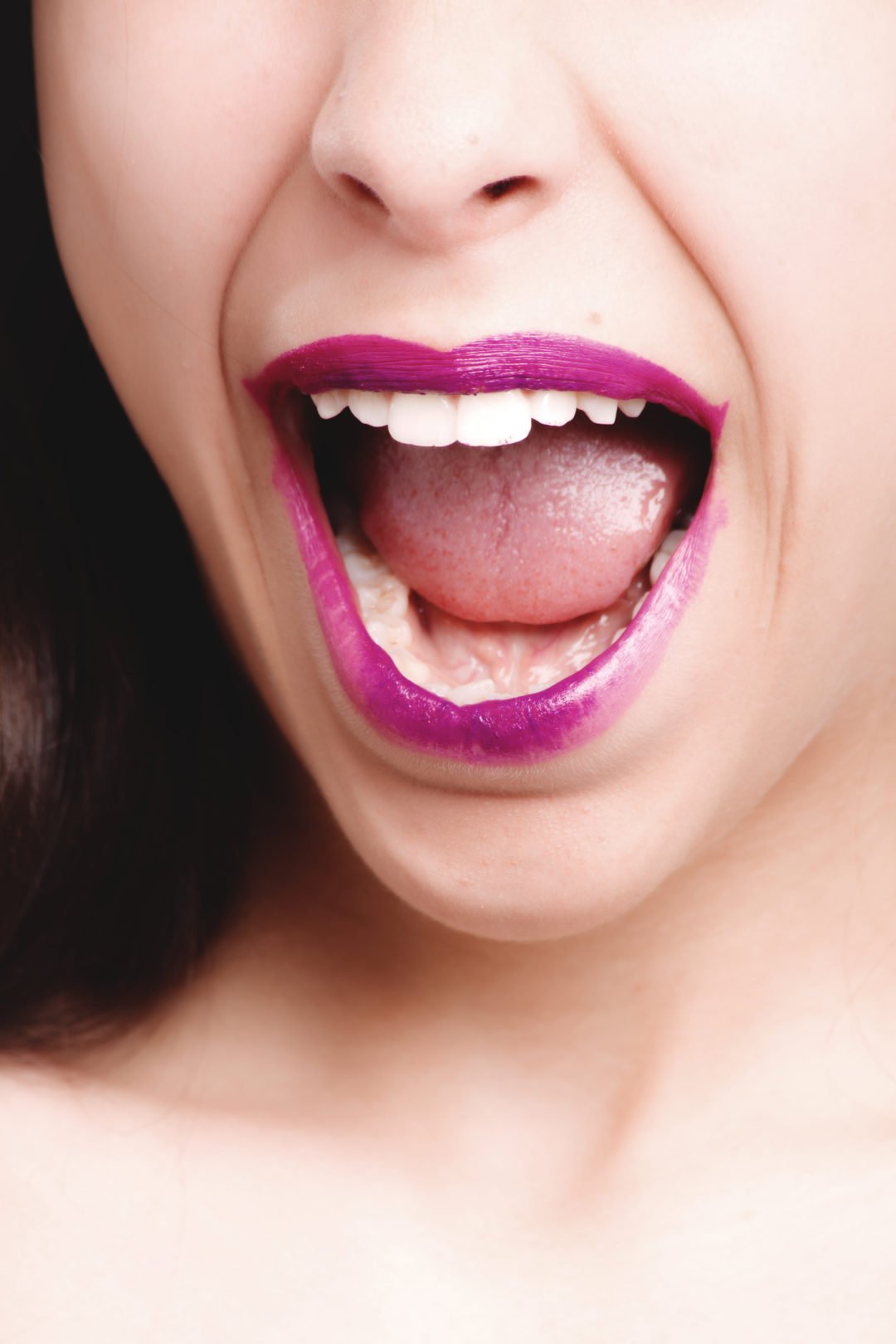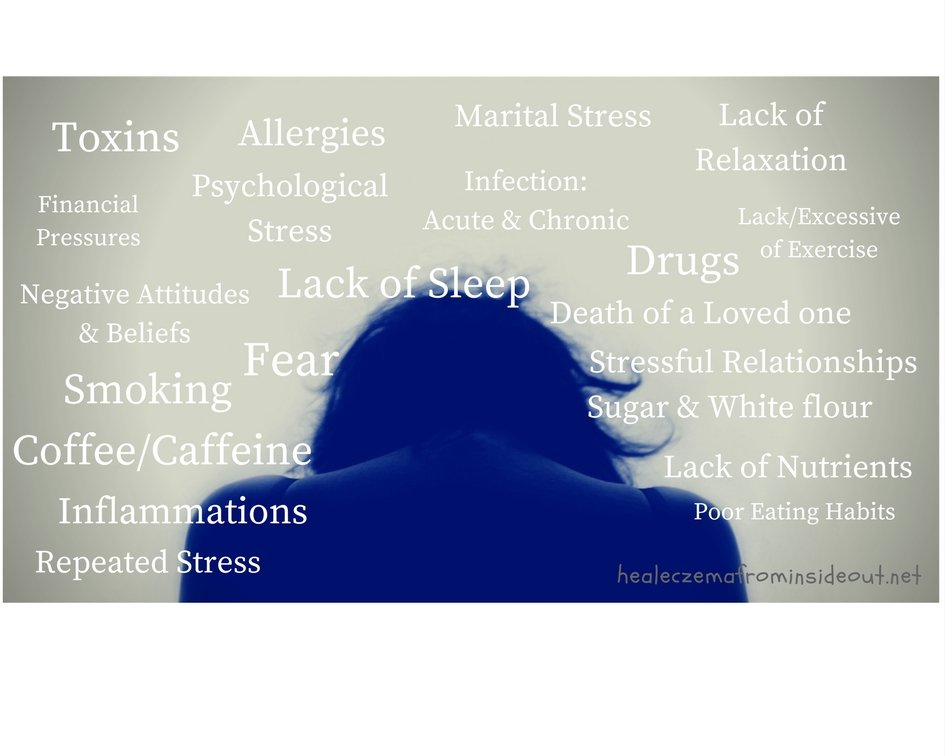I was asked one day.
What does self-love mean?
Do you think I have known what self-love is before starting my healing journey?
NO.
I believe this is something you learn as you experience certain events in life and be willing to heal from those events emotionally and physically. I’m sorry but I don’t believe people lightly say “I love myself.”. Because that’s not what I’m not talking about.
Abusing is NOT self-love.
My abusing started when I stopped looking after my body.
I intentionally held bowel movement as I was ashamed to go to the toilet when I was like 7. Then started skipping meals or stopped eating “food” to lose weight. Which led to the anorexic behavior for about 6 years. The reason for the weight loss was that a boy in my class told me that I was chubby. Around the same time, my mother also told me that I was chubby. Since I was sort of competitive in nature, I promised myself to get skinny.
While I kept losing my weight, I also had an extreme pressure from my mother regarding the school work. I was probably a decent student in elementary school but the pressure was put before I enrolled mid school. This pressure gave me stomach pains every morning. I remember taking painkiller pills every day for the next several months until I collapsed in the middle of the class.
Apparently, I almost had a hole in my stomach. Who knows if that was from the pills or the stress.
In the meantime, I have introduced to laxatives from a senior student in school when I was 13 for my constipation. Luckily, my family wasn’t big on any medications unless it’s an emergency. So when I discovered the pills that helped my bowel movement, I was hooked. And addicted.
The daily dose of the laxative was two. How much I took daily was 6. It also helped me keep losing weight. This laxative addiction lasted another 10 years from then.
When I became a high school girl, my eating habit started to rebound. I binge ate pizza, cookies, and other snacks. My mother was happy I started eating no matter what I was eating. I tried to keep my weight just below 100 lbs (my height was 5’6″) with laxatives until I moved away from my parents’.
I started living alone in Tokyo while I was in college. Here I started having serious bulimic behavior. It was very tough times as I had never been able to tell anyone about my “secret”, even my boyfriend whom I was in a serious relationship with.
Tokyo is such a big city where I could easily abuse my body, such as lack of sleep, heavy alcohol intake, binge eating, and very lonely in the heart.
Let me remind you that none of above is ever “self-love”. I abused my body both physically and emotionally. Especially, I remember I cried every time I was trying to throw up in the toilet which often wasn’t an easy procedure.
And HATED me.
I hated myself not knowing when this was going to end. I hated myself not to be able to control my eating attitude. I hated myself hiding “true self” from my partner I loved. I hated myself acting happy in public and being a mess when I was alone.
On the contrary…
I’d like to think of myself I’m a much more self-loving girl now. Sure, the environment is different and I am older. I have learned what I was supposed to along the way. “Wholistic Healing Arts” – body, mind, and spirit. And I am still learning every single day.
Physically Self-loving
I sleep (at least trying to intentionally, if not.) 8 hours a day. I eat 100% organic including plenty of vegetables and occasionally fish and organ meats that nourish my body. I also quit alcohol in 2011 when I decided to commit to my healing. I excuse myself to go to a toilet whenever I need. I stopped weighing in 2005 (I have weighed once in 2009 and was the last time I did so.) but don’t feel pity about my body. I exercise lightly but daily. I enjoy the detox procedures such as Epsom salt bath, castor oil packs, vaginal steam, and coffee enema to help my body regenerate.
Mentally Self-loving
I learned to forgive myself and others in any situations. I learned to understand the unique human being. I learned to set my own boundary. I learned my limitations. I learned that every emotion (anger, sadness, grief, fear, etc) had its own right to be felt. I learned to let myself express how I feel. I learned to say no. I feel comfortable being self-reserved. I learned to let go of toxic relationships. I don’t waste my time with people engage in drama. I laugh every possible moment.
Spiritually Self-loving
I practice 1000 gratitude a day (I haven’t reached 1000 yet, I am trying every day!). I learned the relationship between female hormonal cycle and intuition, which helped me to understand when I would be more intuitive and when I would be more logic. I always ask “Why” to whatever happens in life which will let me become more aware of signs from the universe. I listen to my heart. I say thank you in every possible moment.
Other Self-loving
I don’t try to become someone whom I am not. This is a tough one from time to time, however. We meet people who are like-minded in some topics and completely opposite in other topics. Can we be still close to those people?
The answer is YES. All we have to do is to accept who they are. We don’t need to be with them 24/7. We hang out when we are talking about something in common. You don’t need to project yourself to like everything they do.
I know that I’m not for everyone. What I believe in life is not for everyone. How I see life isn’t for everyone. What works for me isn’t for everyone. Sure. If a lot of people show up in my life and they are all like-minded people, that’s great. But that’s not really my goal for self-love. Self-love here is to be okay with who you are, no matter how many people will become your people. What’s important is that you keep loving yourself despite the change “outside” you.







